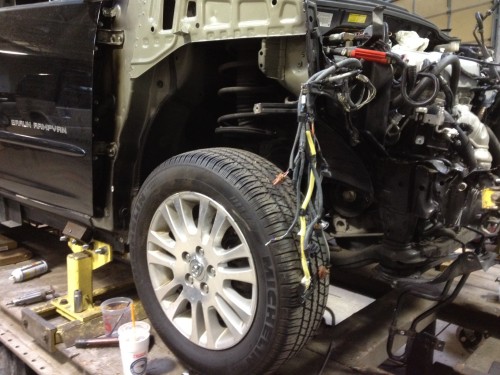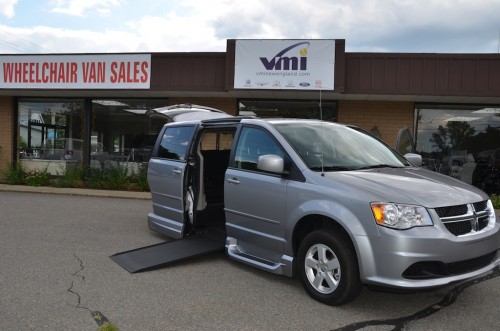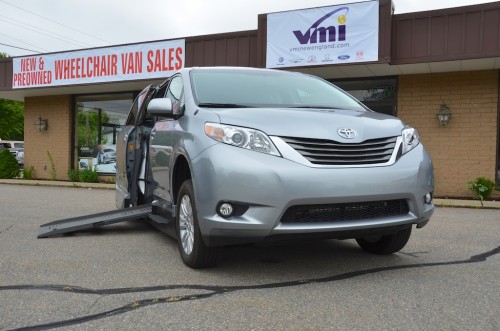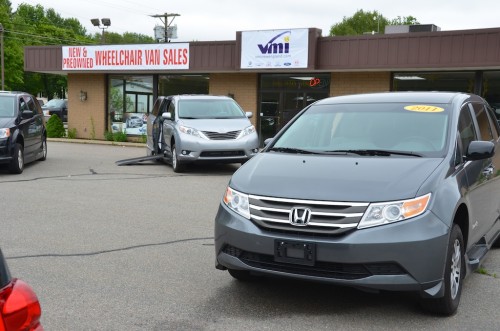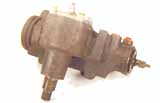State of the art Auto Body Repairs for Wheelchair Vans in New England
Expert MA, RI, CT, VT, NH and Maine wheelchair van pait work
- State of the art Wheelchair Van Auto Body Repairs
Our certified team of body and paint specialists will bring your wheelchair van or mobility vehicle back to its pre-accident condition using the most sophisticated technology and the finest in factory finish paints.
For more than 30 years, the crew at VMi New England Mobility Center has been servicing and repairing mobility vans including auto body collision work. As a locally owned facility, we provide you with affordable options. We also believe in fast, punctual service, so we don’t leave you waiting forever when you need to get back on the road as quickly as possible.
We’re quick to respond to your inquiries, and we can often offer same-day service from certified expert technicians. We handle foreign and domestic wheelchair van repair, and some of our services include:
- Auto glass replacement
- Auto body and dent repair
- Towing service
Our goal at VMi New England Mobility Collision Center is to make it the most advanced facility for our customers as well as our employees. Downdraft spraybooths and individual prep stations allow our factory trained ASE certified autobody technicians to give your vehicle the attention it deserves in a clean and pleasant environment. If the damage to your vehicle is severe, At Our Mobility Collision Center we have the best frame racks available, which pull and stretch your vehicle back to factory specifications!
When it’s in New England and mobility van auto body repairs that you need, The Mobility Collision Center in Bridgewater, MA is one of the top shops to call. We’re here Monday – Friday and we’ll work by appointment on the weekends. Contact us today to request your sound estimate 508-697-6006.

